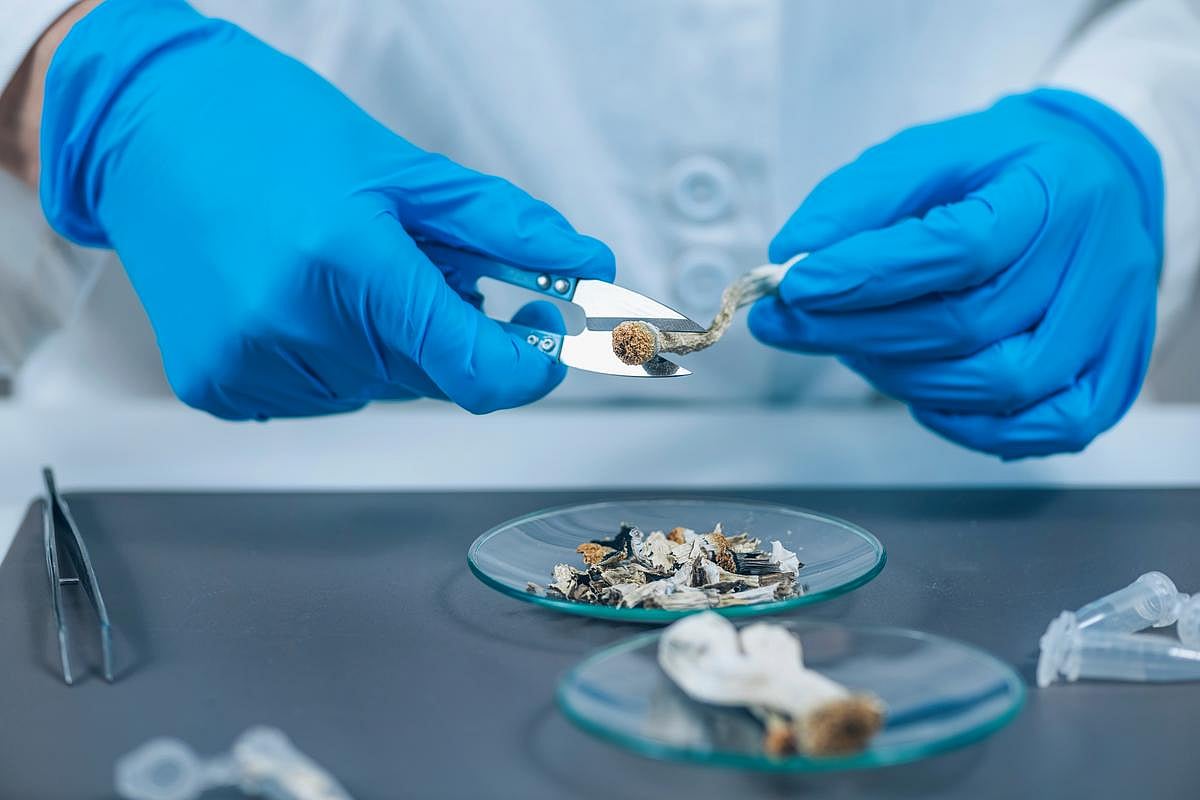
After decades of intense focus on genetics, the biomedical research community is undergoing a major shift, focusing on a new framework called “exposomics.” Similar to the way scientists work to map the human genome, this emerging field aims to map the chemical, physical, social and biological elements a person encounters throughout their life. Experts estimate… read on > read on >















.jpeg)
.jpeg)

















